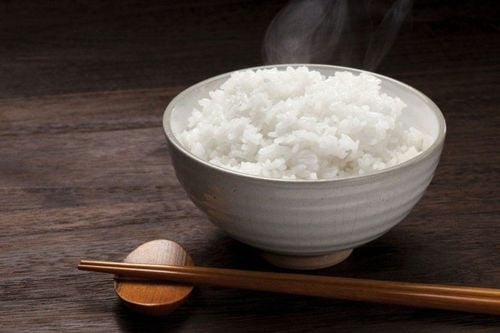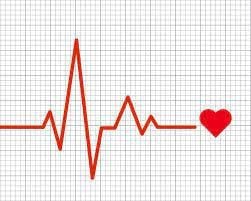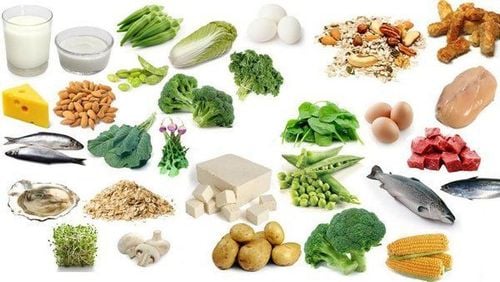This is an automatically translated article.
When trying to lose weight, creating a calorie deficit by eating less than usual or increasing physical activity is necessary. Many people choose to follow a 1,500-calorie diet plan to start losing weight and control food intake. So what foods does a 1500 calorie diet include?
1. Calorie requirement
Although the 1,500-calorie menu may serve as a good guide for many people, remember to accurately calculate your needs to optimize weight loss. The number of calories you need depends on many factors, including: physical activity, gender, age, weight loss goals, and overall health. It is important for you to estimate the amount of calories your body needs to maintain daily activities, and when losing weight to determine your needs.To calculate your overall calorie needs, it is necessary to calculate the total number of calories you normally burn in a day, called your total daily energy expenditure (TDEE). The easiest way to determine your total TDEE daily energy expenditure is to use an online calculator or Mifflin-St. The Jeor equation has given a formula that combines: height, weight and age to calculate this parameter. Jeor equation for both men and women:
Men: Calories/day = 10x (weight in kg) + 6.25x (height in cm) - 5x (age) + 5 Women: Calories/day = 10x (weight in kg) + 6.25x (height in cm) - 5x (age) - 161 To calculate your total TDEE daily energy expenditure, get the result from Mifflin. Equation St. Jeor, is then multiplied by a number corresponding to the activity level, called the activity factor. There are five different levels of activity:
Sedentary: multiply by a factor of 1.2 (those who are sedentary, with little or no exercise) Lightly active: multiply by a factor of 1.375 (light exercise under 3 days per week) Moderately active: multiply by 1.55 (exercise moderately most days of the week) Very active: multiply by 1.725 (exercise hard every day) High activity: multiply by a factor of 1.9 (2 or more strenuous exercise per day) After determining your total daily energy expenditure TDEE, you can use an adjusted calorie content to your weight loss goals.
SEE ALSO: How to calculate calories to lose weight safely

Để tốt cho quá trình giảm cân cần cân bằng giữa tập luyện và chế độ ăn
2. How to create a calorie deficit for weight loss
Although weight loss is much more complicated, in general to do so effectively requires creating a calorie deficit to reduce body fat. Typically, reduce 500 calories per day to lose 450 grams per week. Although, this equates to losing 23.5kg in a year, research shows that the average rate of weight loss is much slower. Because, behavioral and biological factors, such as dietary adherence and differences in gut bacteria and metabolic rate, cause people to lose weight at different rates.A review of 35 studies found that weight loss was 0.002–1.13 kg per week when calories were restricted from 240–1,000 calories per day. Instead of setting unrealistic goals, lose weight slowly and steadily by 0.5–1 kg per week. However, because everyone's rate of weight loss is different, it's important not to be discouraged if you're not losing weight as quickly as you'd like. Increasing physical activity, spending less time sitting, cutting back on added sugars and focusing on whole foods will help speed up the weight loss process and help you get the most out of it.
MORE: How to count calories: back to the basics of weight loss
3. Tips for successful weight loss
In fact, when you adopt and stick to a 1,500-calorie diet that can help you lose weight well, there are still a few other ways that can be applied and still ensure that you reach your goal of healthy and sustainable weight loss. steady. Although you may think you are eating less, you often underestimate how much food you are consuming. A few easy ways to make sure you're maintaining the calories you need is by using a food diary or calorie tracking app. Tracking your meals and keeping a diary of your meals, snacks, and drinks along with calories can help you stay on track to lose weight.Being able to track food is a useful tool when first starting an eating plan, but it can create unhealthy associations with food in some people. Focusing on portion control, eating whole foods, practicing mindful eating, and getting enough exercise are better ways to lose weight and be effective in the long run.
MORE: Burn Calories: Can Certain Foods Help You Lose Weight?
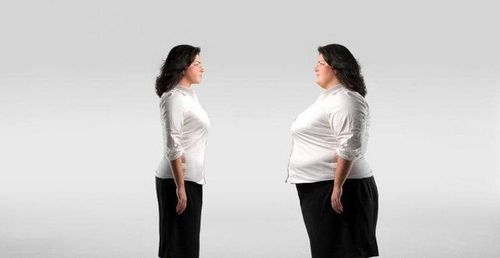
Ghi lại nhật ký ăn uống giúp bạn theo dõi được lượng calo nạp vào cơ thể
4. Whole foods should be used
Any healthy eating plan should be built around natural, whole foods. Processed foods and drinks, such as fast food, candy, baked goods, white bread and soft drinks, are not good for your health and are also one of the main causes of obesity. obesity epidemic. Although a diet of processed foods such as low-fat snacks and meals may not seem like the best choice when trying to lose weight, these foods are often contains ingredients such as added sugars that contribute to inflammation and weight gain.Whole foods are often used for weight loss diets such as: vegetables, fruits, fish, eggs, poultry, nuts because these foods tend to be more filling than processed foods. .
MORE: Does the 1200 calorie diet work for weight loss?
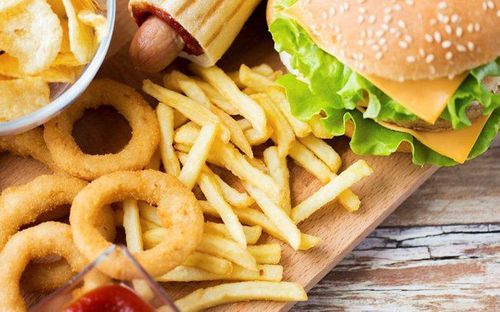
Đồ ăn nhanh gây béo phì ở mọi lứa tuổi
5. Increase physical activity
You can lose weight by cutting calories, but adding exercise to your daily routine will not only help you lose weight effectively, but also improve your overall health. Starting an exercise program can seem like a daunting task, but you don't have to put the items right. If you've never exercised before, just walking for half an hour three times a week is a great way to increase activity. Once you've gotten better at physical activity, add in different types of workouts or activities: biking, swimming, long walks, or jogging.Increasing exercise can boost your mood and reduce your risk of chronic diseases, such as: heart disease, diabetes and some cancers. In addition, you can also do a lot of exercises to promote muscle gain. While doing this activity may lead to slower weight loss, the increased muscle mass will help your body burn fat.
No matter how much weight you need to lose, cutting excess calories and increasing physical activity is the most effective key. The 1500 calorie per day diet is suitable for many people who want to lose fat and improve health. Similar to any healthy diet, one for weight loss should consist mostly of whole, unprocessed foods. Reducing excess calories and applying some of the simple tips in this article can help you succeed in your weight loss journey.
Please dial HOTLINE for more information or register for an appointment HERE. Download MyVinmec app to make appointments faster and to manage your bookings easily.
Reference source: healthline.com




